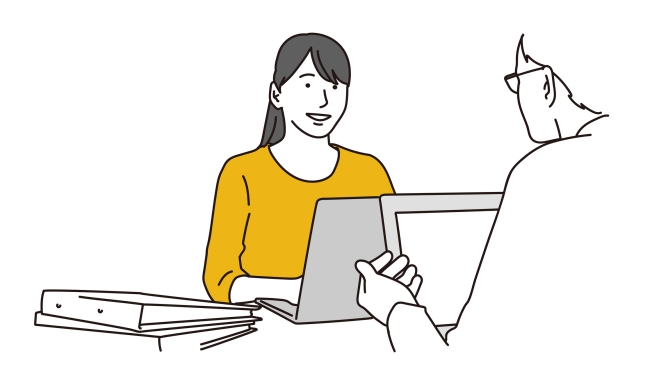You have /5 articles left.
Sign up for a free account or log in.

kabu/iStock/Getty Images Plus
A new academic year has begun. Many students will be searching out mentors and mentorship, which is often a catalyst for professional and personal growth. But students, especially those who have never had a substantive mentoring experience, will be unsure how to identify a worthy mentor. They may succumb to myths and neat phrases. Sound bites. These sound bites are wrong and potentially harmful.
Within the progressive mythosphere the received knowledge is that one must be a member of an underrepresented or oppressed group to be a good mentor to a student of the same or other like group. The catchy sound bite that goes with this silly and isolating myth is “find someone who looks like you.” But this sound bite is not just silly, it is wrongheaded, insulting to dedicated mentors of all backgrounds and self-defeating for the potential mentee.
I have been mentoring students and postdocs in biomedical engineering and medical imaging for 25 years. My friends, some with even longer track records, have mentored aspiring writers, musicians, physicians and neuroscientists. You might guess that our varied mentees have little in common. But you would be wrong. As one colleague likes to say, “All students need something.” The mentor must figure out what it is. Sometimes these needs are solely technical. But often they are more than that.
S was a diminutive woman who had graduated from a top engineering school in China. She had a solid technical background. As befitted her cultural upbringing, she was deferential to authority. She was also tentative about her work and hesitant to defend it. Others frequently talked over her in lab meetings. Our lab is known for imaging the brains of cigarette smokers while they smoke. The math and engineering comes in when the images must be analyzed. But first, there is the very practical matter of making sure that subjects don’t incinerate themselves smoking while supine and wedged into a scanner. Our low-tech solution? Someone must be present at each scan to continually maneuver a makeshift ashtray under the cigarette to catch the ashes. Ash catching is like much of research—unglamorous. It falls to the student lowest on the lab totem pole.
After a few years, S stormed into my office. Through glaring eyes and pursed lips, she hissed, “Evan, we need to talk.”
“OK,” I answered, pinned back in my chair by the ferocity of S’s stare.
“It’s time for someone else to catch the ashes!” she announced, then turned on her heels.
“Um, OK,” I squeaked.
Once my shock subsided, I phoned my co-mentor, Kelly.
“You’ll never believe what happened.”
“Try me.”
“S just marched in and told me she wasn’t gonna catch any more ashes.”
“Good for her! I’ve been waiting for her to stand up for herself.”
From then on, the newly assertive S focused on her computer simulations, talked louder in lab meetings, moved to California with her boyfriend to write her dissertation and got her Ph.D.
I do not look like S. Neither does Kelly. But we have what it takes to be mentors. These qualities—some innate, others acquired—are not contained in our sex chromosomes, skin tones, hairstyles, ethnicities or religions. We offer a certain emotional intelligence mixed with sufficient professional domain knowledge and generosity of time and energy.
Students who restrict themselves to potential mentors who look like them deny themselves the richness of opportunity to learn from all who inhabit the university. But that’s not all. If there are some ethnic and racial groups who have not yet gained access to all the levers of power, then why on earth would you limit yourself to learning only from them? To do so merely ensures the ghettoization of underrepresented groups in academia.
How can you find a Kelly with the energy and emotional intelligence to support you professionally and personally? The answer cannot be found on Twitter/X. You must meet in person. Wait after class and offer to buy them coffee. Volunteer in their lab. Support someone else’s project before you ask for a project of your own. Integrate yourself into the mentor’s culture and modus operandi. Do not demand that he or she integrate into yours. Even if their styles are foreign, their jokes inscrutable or their pop culture references fossilized, go with it. They have different life experiences? Embrace them. Observe how they comport themselves and how they achieve success. Don’t assume you know anything. If the arrangement doesn’t gel—after giving it a fair shot—be sure to part on good terms, then seek another mentoring situation. One size cannot fit all.
I am bullish on mentor-mentee relationships. They can be life-changing and lifelong. But like any good friendship, they are organic and the fruit of complementary talents and passions. Do you choose your friends based on political slogans?




